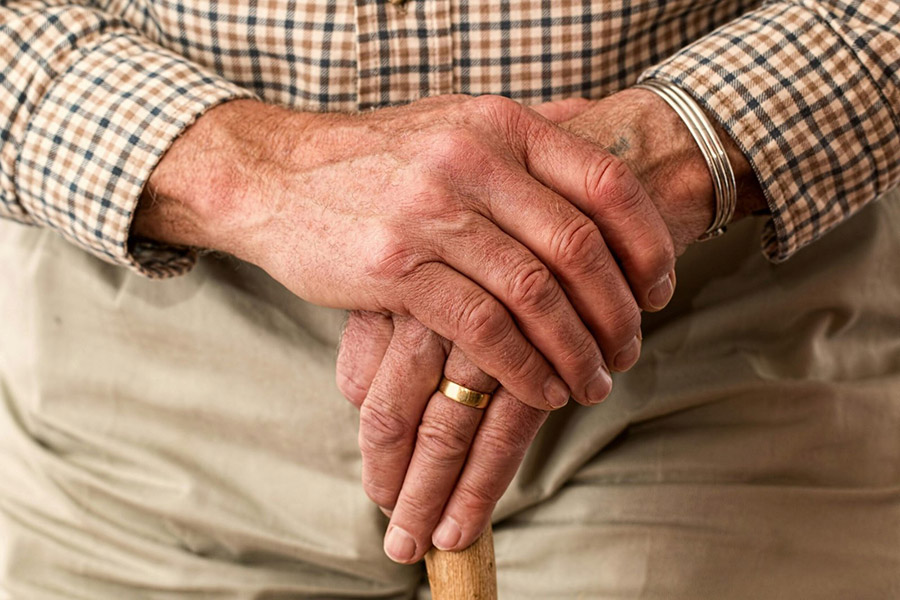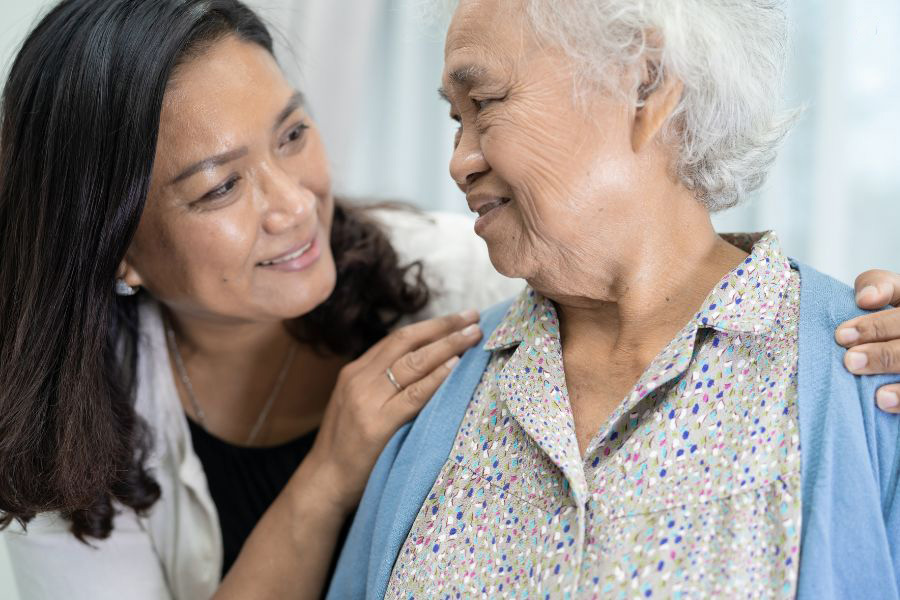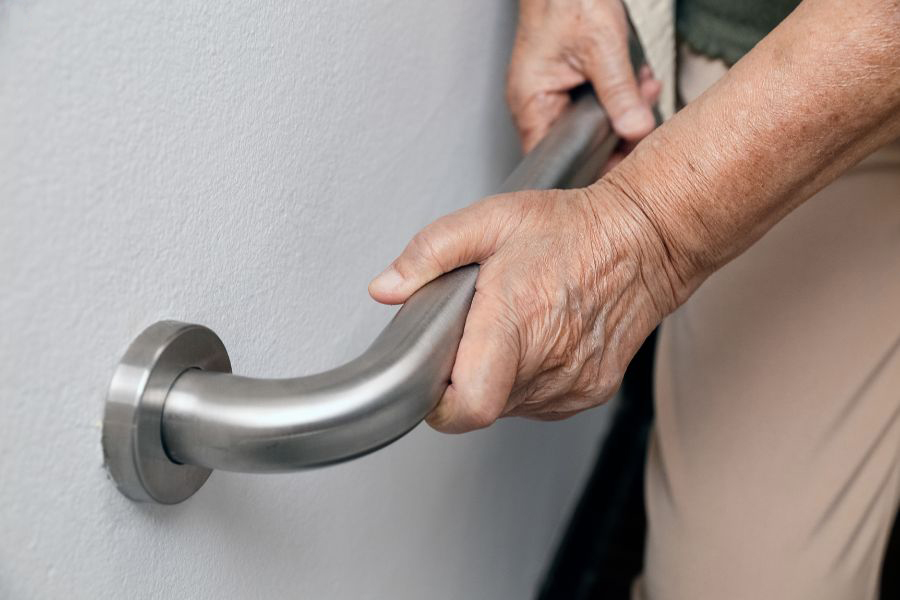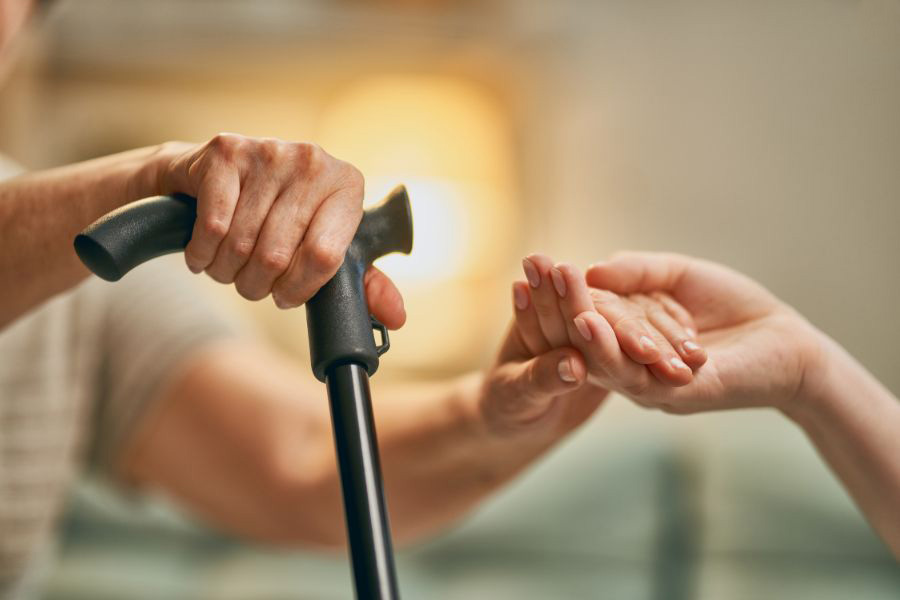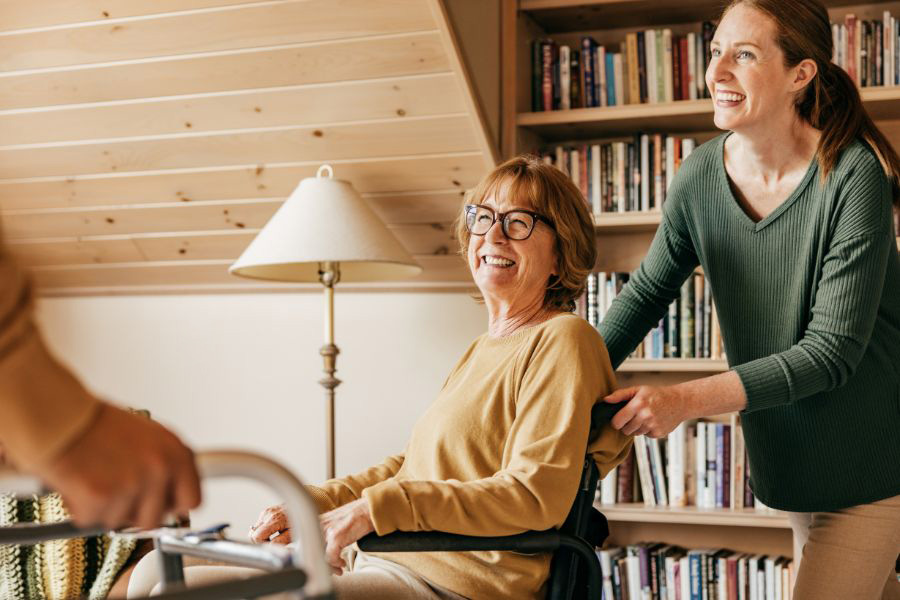The recent passing of Gene Hackman and his wife, Betsy Arakawa, didn’t just make headlines, it quietly reminded many of us about the realities of aging, and how support can sometimes fall away when it’s needed most.
Hackman, 95, had been living with advanced Alzheimer’s disease. Arakawa passed away from hantavirus pulmonary syndrome a week before him. According to reports, he may not have known she had died. Both were found in their home days later.
It’s a heartbreaking story, but also a deeply familiar one. Behind closed doors, many couples aging together are quietly navigating similar struggles. Their story brought something to the surface that too often goes unspoken: the importance of planning, of noticing, and of having the right kind of care in place before things fall apart.
The difference between love and professional care
In many homes, one partner becomes the caregiver. They cook, manage medications, provide companionship, and handle tasks that slowly become more complex. That love is powerful, but it isn’t always enough.
When both people in a household are vulnerable, things can change fast. One may not notice the other’s decline. A subtle illness might go unrecognized. A sudden emergency might come with no one available to act.
Professional caregivers don’t replace love, they back it up with training, awareness, and calm, consistent presence. They’re there to notice the small changes, ask the right questions, and take action before it’s too late.
What professional in-home care can catch
In-home care providers do more than assist with daily tasks. For families supporting someone with Alzheimer’s, dementia, or other chronic conditions, trained caregivers can:
- Monitor behavioral or health changes
- Support memory and routine
- Help manage medications and safety risks
- Reduce isolation and emotional strain
- Be a second layer of support when a spouse or family member can’t be present
In a situation like the Hackmans’, a caregiver may have caught the early symptoms of illness or simply been able to check in when things seemed off.
Why early support makes all the difference
Many families wait until a crisis hits to explore home care options. But support isn’t just for emergencies. Starting care earlier—just a few hours a week—builds relationships, preserves routines, and creates a safety net before health needs grow.
When support is in place early, it’s easier for aging adults to stay in control of their lives and for family members to stay involved without becoming overwhelmed.
When two people need help at once
What made the Hackmans’ story especially painful was that both were struggling at the same time. Arakawa was reportedly caring for Hackman as his Alzheimer’s progressed, while dealing with a serious illness herself.
This kind of situation is more common than we think. One partner declines while the other silently tries to hold it all together. And if something goes wrong, there may be no one left to act.
In-home care doesn’t just help one person, it helps the whole household. It protects caregivers from burnout, offers respite, and ensures someone is watching both sides of the equation.
Support without shame—and without waiting
You don’t have to wait for something to go wrong to get help. You don’t have to do it all on your own. Whether you’re caring for a parent, a spouse, or both, asking for support isn’t giving up—it’s planning ahead.
Lucent Health Group provides compassionate, personalized in-home care for families who want their loved ones to age with dignity and safety at home. From dementia support to non-medical daily care, we serve individuals and families with the respect they deserve.
If Gene Hackman’s story stirred something in you, trust that instinct. Because sometimes the most caring thing you can do—is not do it alone.
Reach out to learn how in-home care might fit your family’s needs. We’re here to listen, guide, and help when you’re ready.
